
La magie noire captive depuis longtemps l'imagination humaine. Crainte, vénérée et souvent incomprise, elle évoque des images de malédictions, de rituels, de poupées vaudou et de sorts interdits. Dans toutes les cultures, la magie noire est associée au mal, au contrôle et aux forces surnaturelles obscures. Mais la magie noire est-elle vraiment efficace ? Peut-on l'utiliser pour influencer les autres, faire souffrir ou altérer la réalité ?
Pour répondre à ces questions, nous devons explorer les origines de la magie noire, ses perspectives culturelles, ses effets psychologiques et ce que la science dit de son pouvoir. Si la croyance en la magie noire reste répandue, comprendre ses racines peut révéler pourquoi les gens ressentent ses effets, même en l'absence de forces surnaturelles.
Panaprium est indépendant et pris en charge par les lecteurs. Si vous achetez quelque chose via notre lien, nous pouvons gagner une commission. Si vous le pouvez, veuillez nous soutenir sur une base mensuelle. La mise en place prend moins d'une minute et vous aurez un impact important chaque mois. Merci!
1. Qu'est-ce que la magie noire ?
La magie noire, également appelée magie noire , maléficium ou sorcellerie , désigne l'utilisation de pouvoirs surnaturels à des fins néfastes ou égoïstes . On l'oppose souvent à la magie blanche, destinée à la guérison ou à la protection.
Les croyances courantes sur la magie noire incluent :
-
Lancer des sorts pour provoquer la maladie, la malchance ou la mort
-
Invoquer des esprits ou des démons pour se venger
-
Utiliser des objets comme des poupées vaudou, des objets maudits ou des potions
-
Manipuler des personnes ou des événements par le biais de rituels occultes
Ces pratiques sont souvent secrètes, taboues ou condamnées par la religion dominante et la société. Pourtant, leur existence est attestée dans presque toutes les cultures.
2. Une brève histoire de la magie noire
Le concept de magie noire remonte à des milliers d’années :
-
L'ancienne Mésopotamie utilisait des tablettes de malédiction et des rituels pour détruire les ennemis ou les rivaux.
-
Dans l'Égypte antique , la magie (heka) était à la fois divine et dangereuse. Certains sorts étaient destinés à tuer ou à maudire.
-
La Bible condamne la sorcellerie. Dans Exode 22:18 : « Tu ne laisseras pas vivre la sorcière. »
-
Au Moyen Âge , on pensait que de nombreuses personnes accusées de sorcellerie avaient vendu leur âme au Diable ou avaient maudit les récoltes, les enfants et le bétail.
-
Dans le vaudou ouest-africain et le vaudou haïtien , la magie englobe à la fois des forces bienveillantes et maléfiques. Certains praticiens sont censés utiliser les esprits pour nuire à autrui en jetant des malédictions ou en « envoyant » des maladies.
La magie noire est souvent redoutée car elle est invisible , secrète et difficile à prouver. Les accusations de magie noire ont conduit à des violences, des persécutions et même à une hystérie collective, comme lors des tristement célèbres procès des sorcières de Salem .
3. Comment les gens pensent-ils que la magie noire fonctionne ?
Les praticiens et les croyants en magie noire affirment qu'elle fonctionne de plusieurs manières :
-
Magie sympathique : Utiliser un objet personnel (comme des cheveux ou des vêtements) ou une image (comme une poupée) pour créer une connexion psychique entre la victime et le sort.
-
Invocation des esprits : Faire appel à des démons, des ancêtres ou des entités surnaturelles pour commettre le mal désiré.
-
Malédictions ou incantations prononcées : Croyance selon laquelle les mots, lorsqu’ils sont prononcés avec intention et rituel, peuvent provoquer des effets physiques ou émotionnels.
-
Manipulation énergétique : Certaines traditions affirment que l’énergie, les pensées ou les rituels négatifs peuvent perturber « l’aura » ou la force vitale d’une personne.
Il est important de noter que la plupart des systèmes de magie noire reposent sur la croyance , à la fois celle du praticien et, surtout, celle de la cible.
4. Que dit la science à propos de la magie noire ?
D'un point de vue scientifique, rien ne prouve que la magie noire puisse altérer physiquement la réalité ou violer les lois de la nature. Cependant, les effets attribués à la magie noire peuvent souvent s'expliquer par la psychologie , la suggestion et le hasard .
Les effets placebo et nocebo
-
L’ effet placebo se produit lorsqu’une personne ressent de réels bienfaits physiques ou émotionnels simplement parce qu’elle croit qu’un traitement fonctionne.
-
L' effet nocebo est l'inverse : les gens subissent un réel préjudice parce qu'ils croient avoir été maudits, ensorcelés ou exposés au danger.
Si quelqu'un croit vraiment être victime de magie noire, son esprit peut produire des symptômes tels que :
-
Anxiété, insomnie ou crises de panique
-
Maladie physique (symptômes psychosomatiques)
-
Dépression, peur ou paranoïa
-
Perte d'appétit, dysfonctionnement sexuel ou maux de tête
Dans certains cas, la peur d'être maudit peut ruiner la vie d'une personne , même en l'absence de force surnaturelle. Ces effets sont réels et mesurables, mais ils proviennent du cerveau, et non du monde spirituel.
5. La psychologie de la croyance en la magie noire
Pourquoi les gens croient-ils que la magie noire fonctionne ?
-
Biais cognitif : Les humains sont des créatures en quête de schémas. Nous associons souvent des événements sans rapport entre eux. Si quelqu'un se sent malade ou souffre de malchance après un conflit, il peut penser qu'il a été maudit.
-
Programmation culturelle : Dans les cultures où la croyance en la magie est forte, les gens grandissent en s'attendant à ce que la magie soit réelle. La peur devient auto-réalisatrice.
-
Projection : Si quelqu'un ressent de la culpabilité, de la peur ou de la jalousie, il peut inconsciemment le projeter sur les autres et les blâmer pour des attaques magiques.
-
Manque de compréhension : Les maladies inexpliquées, les problèmes de santé mentale ou la malchance sont parfois imputés à des causes surnaturelles, en particulier dans les communautés ayant un accès limité à la science ou aux soins de santé.
Effets sociaux et communautaires
Dans certaines régions, les accusations de magie noire peuvent ruiner des réputations ou conduire à la violence. Dans certaines régions comme l'Inde , l'Afrique ou la Papouasie-Nouvelle-Guinée , des personnes (en particulier des femmes et des personnes âgées) sont parfois agressées ou tuées après avoir été accusées de sorcellerie.
Cela montre que la croyance en la magie noire a de réelles conséquences , même si la magie elle-même n'est pas scientifiquement prouvée.
6. Peut-on être protégé de la magie noire ?
De nombreuses traditions spirituelles et religieuses offrent une protection contre les malédictions , notamment :
-
Prière et foi : Croire en une puissance supérieure offre un réconfort psychologique et une résilience émotionnelle.
-
Amulettes ou talismans : Portés pour la protection dans de nombreuses cultures (par exemple, mauvais œil, pentagrammes, croix).
-
Rituel de nettoyage : l’eau, les herbes, la fumée (comme la sauge ou l’encens) ou le travail énergétique (comme le Reiki) sont utilisés pour nettoyer la négativité.
-
Guérisseurs spirituels ou chamans : Ces personnages effectuent souvent des rituels pour « supprimer » les malédictions.
Même si ces méthodes ne permettent pas de « défaire » une malédiction, elles rassurent souvent la personne, réduisent la peur et rétablissent l'équilibre mental. En ce sens, elles s'apparentent à des traitements placebo : elles fonctionnent parce que les gens y croient.
7. Cas et histoires célèbres
Au fil des ans, la magie noire a été accusée de toutes sortes de maux, des malheurs de célébrités aux assassinats politiques. Si la plupart des affirmations sont exagérées ou non prouvées, elles montrent à quel point la magie noire est profondément ancrée dans l'imaginaire collectif.
-
Au XXe siècle, la rumeur disait que le dirigeant haïtien François Duvalier utilisait la magie vaudou pour contrôler son peuple et intimider ses adversaires.
-
Au Nigéria , des meurtres rituels et des pratiques de « magie de l’argent » (la croyance selon laquelle les sacrifices humains peuvent apporter la richesse) sont encore signalés.
-
Certaines célébrités, dont Beyoncé et Madonna, ont été accusées d’avoir recours à la magie noire par des théoriciens du complot, malgré l’absence de preuves crédibles.
Dans la plupart des cas, rien ne prouve que la magie ait été impliquée. Mais la croyance en son pouvoir suscite une peur et une fascination réelles.
8. La magie noire « fonctionne »-t-elle dans un sens ou dans l’autre ?
Si nous définissons « travailler » comme le fait de changer la réalité physique par des moyens surnaturels , alors non , la magie noire ne fonctionne pas – il n’existe aucun mécanisme scientifique vérifié pour cela.
Mais si nous définissons « travailler » comme :
-
Influencer les émotions ou les comportements des gens par la croyance
-
Créer la peur ou le pouvoir par la suggestion et le rituel
-
Façonner les normes culturelles et la dynamique sociale
Alors oui, la magie noire « fonctionne » de la même manière que les rumeurs, la religion ou la propagande peuvent influencer la vie des gens. Elle exploite le pouvoir des croyances , des rituels et du subconscient .
9. Conclusion : La vérité sur la magie noire
Alors, la magie noire fonctionne-t-elle ?
-
Surnaturellement ? Aucune preuve scientifique fiable ne permet d'affirmer que la magie noire puisse contrôler la réalité, invoquer des démons ou maudire des personnes à distance.
-
Psychologiquement ? Absolument. La croyance en la magie noire peut avoir des conséquences physiques, émotionnelles et sociales bien réelles, surtout si une personne se sent déjà vulnérable ou est culturellement conditionnée à y croire.
En fin de compte, la magie noire concerne moins les forces obscures que l'esprit humain . Elle révèle à quel point la croyance peut influencer la perception, les émotions et même la santé.
Plutôt que de craindre les malédictions, il est plus productif de se concentrer sur la force mentale, l'esprit critique et la résilience émotionnelle . Dans un monde où la peur peut engendrer la maladie et la croyance guérir, comprendre la psychologie de la magie noire pourrait être la véritable clé de son pouvoir.
Sources et lectures complémentaires :
-
Frazer, James. Le Rameau d'or
-
Bruce Hood. La science de la superstition
-
Susan Blackmore. La psychologie de la croyance
-
Fondation éducative James Randi (JREF)
-
Kleinman, Arthur. Patients et guérisseurs dans le contexte culturel
-
Edzard Ernst. Truc ou remède : la médecine alternative à l'essai
-
L'Organisation mondiale de la santé fait état de violences liées à la sorcellerie
Cet article vous a-t-il été utile ? S'il vous plaît dites-nous ce que vous avez aimé ou n'avez pas aimé dans les commentaires ci-dessous.
About the Author: Alex Assoune
Contre Quoi Nous Luttons
Les groupes multinationaux surproduisent des produits bon marché dans les pays les plus pauvres.
Des usines de production où les conditions s’apparentent à celles d’ateliers clandestins et qui sous-payent les travailleurs.
Des conglomérats médiatiques faisant la promotion de produits non éthiques et non durables.
De mauvais acteurs encourageant la surconsommation par un comportement inconscient.
- - - -
Heureusement, nous avons nos supporters, dont vous.
Panaprium est financé par des lecteurs comme vous qui souhaitent nous rejoindre dans notre mission visant à rendre le monde entièrement respectueux de l'environnement.
Si vous le pouvez, veuillez nous soutenir sur une base mensuelle. Cela prend moins d'une minute et vous aurez un impact important chaque mois. Merci.






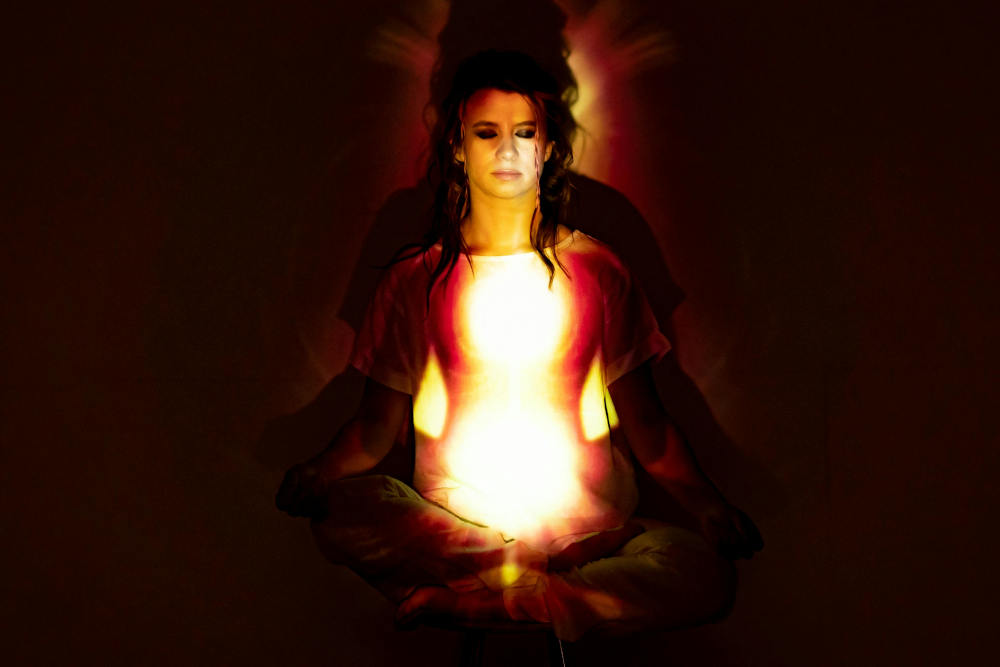
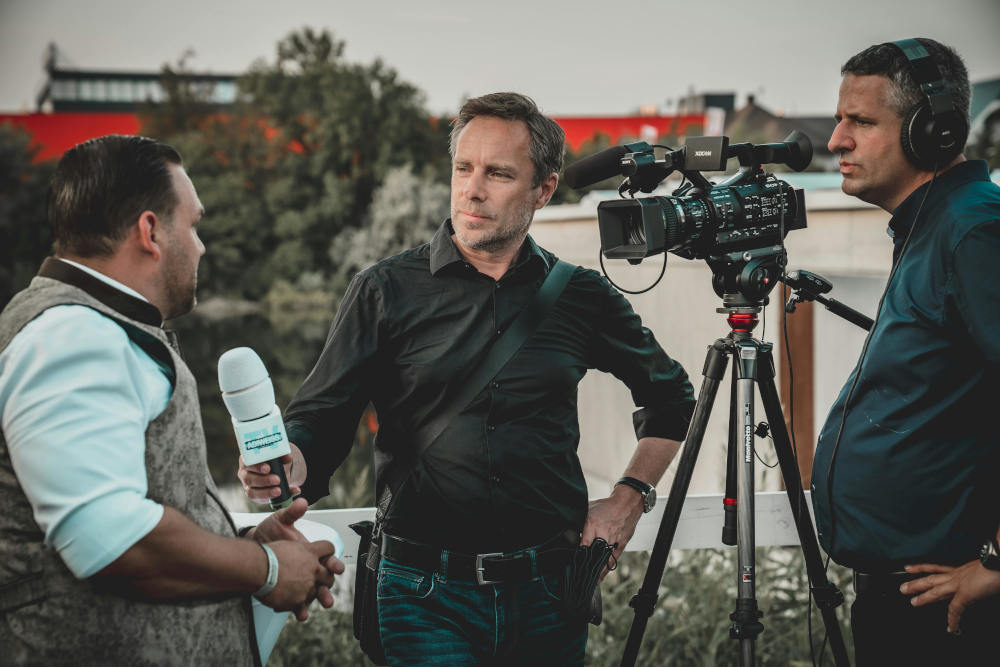


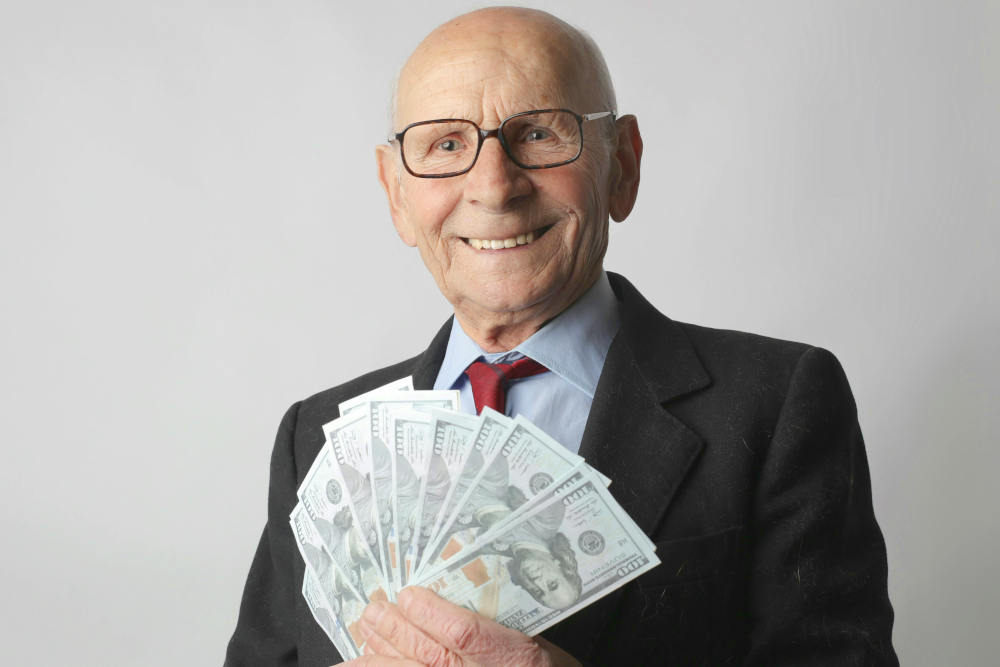

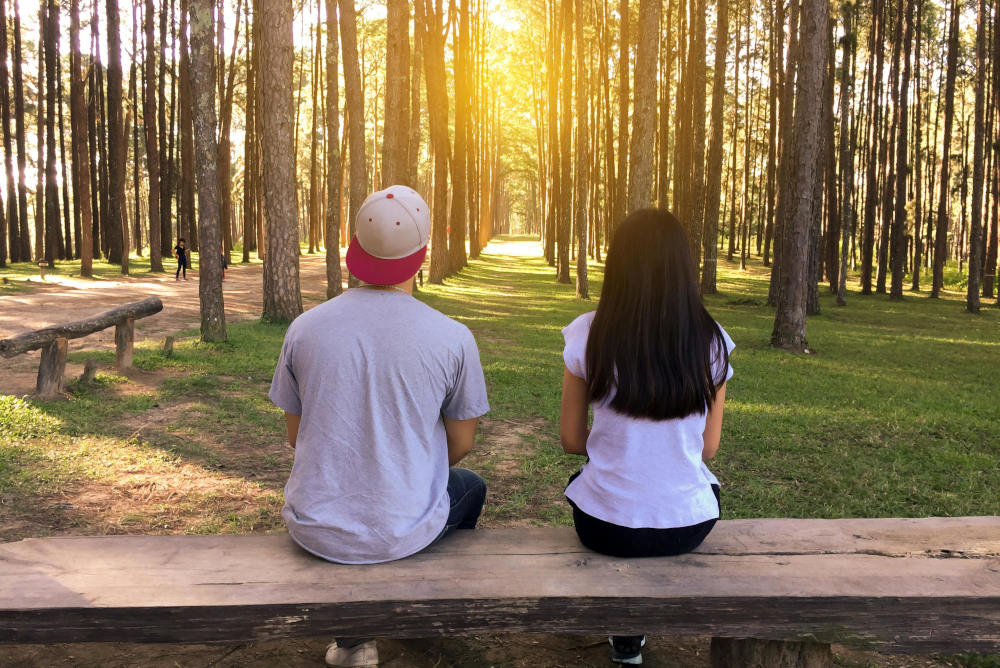

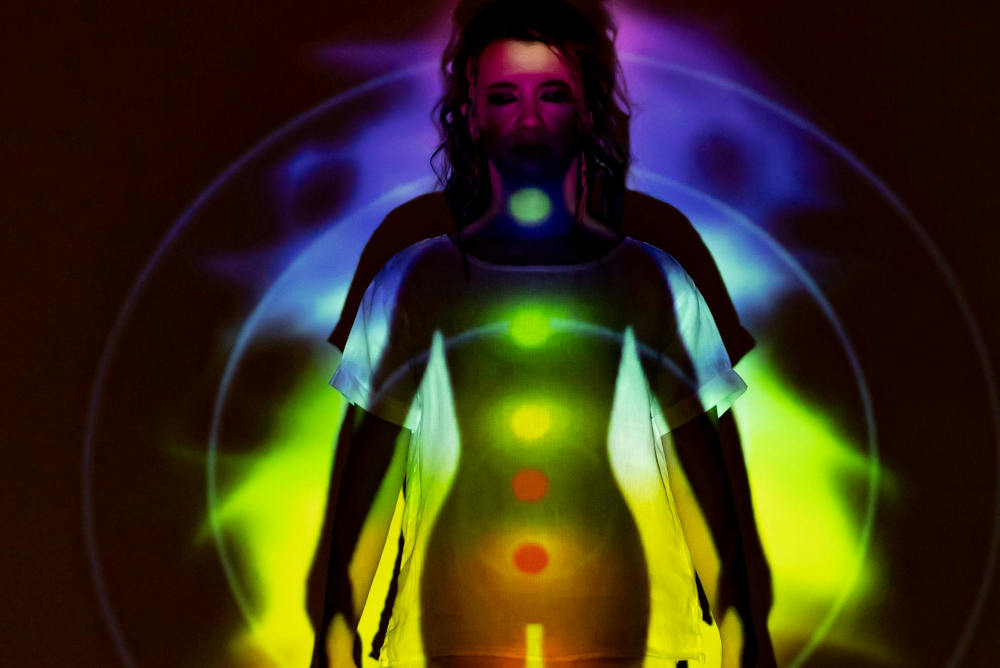
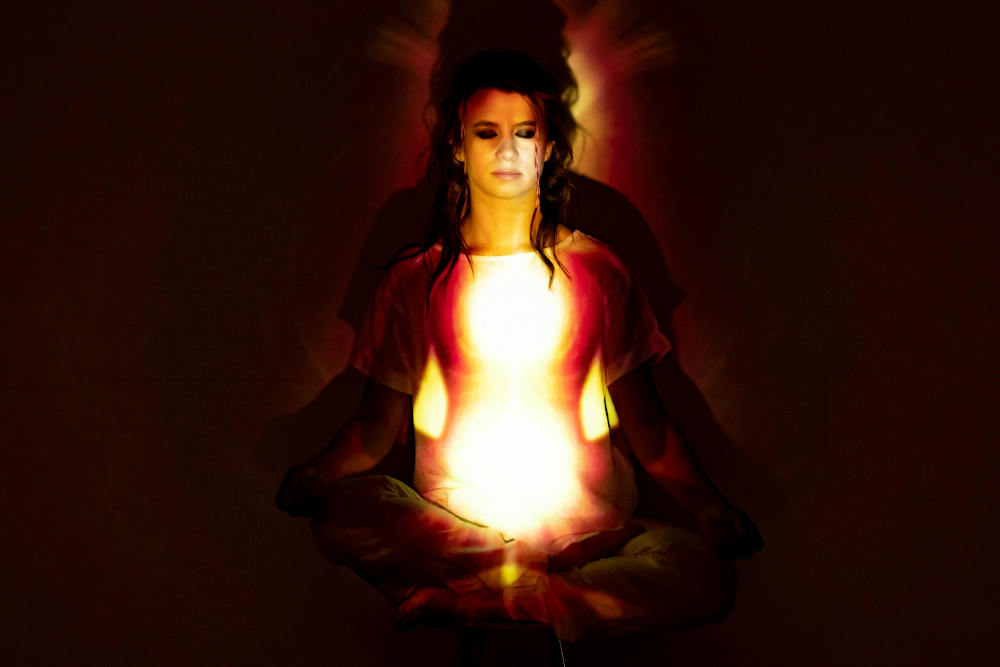





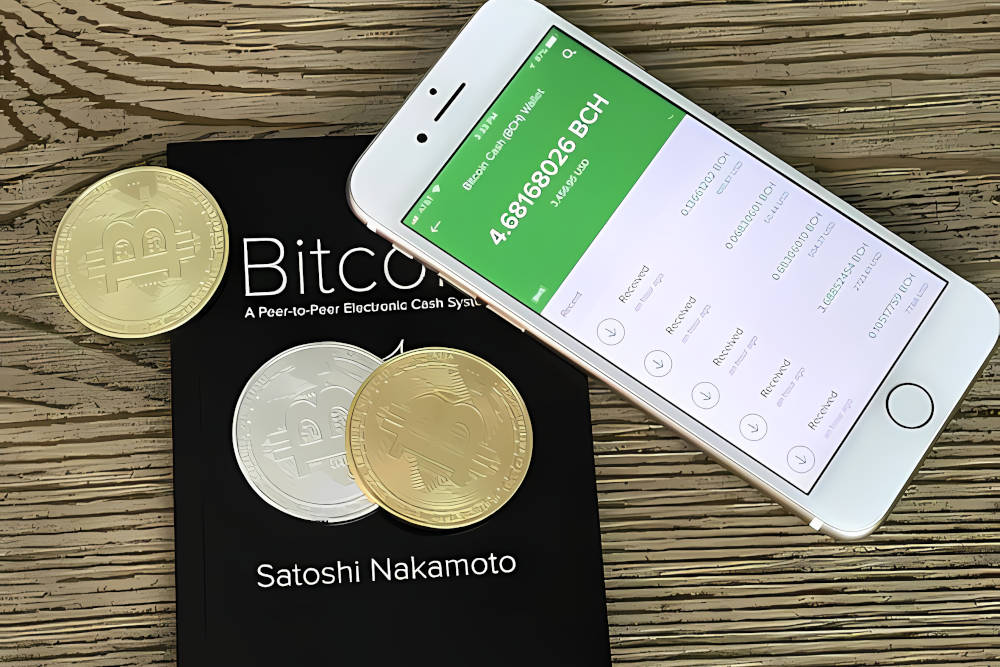

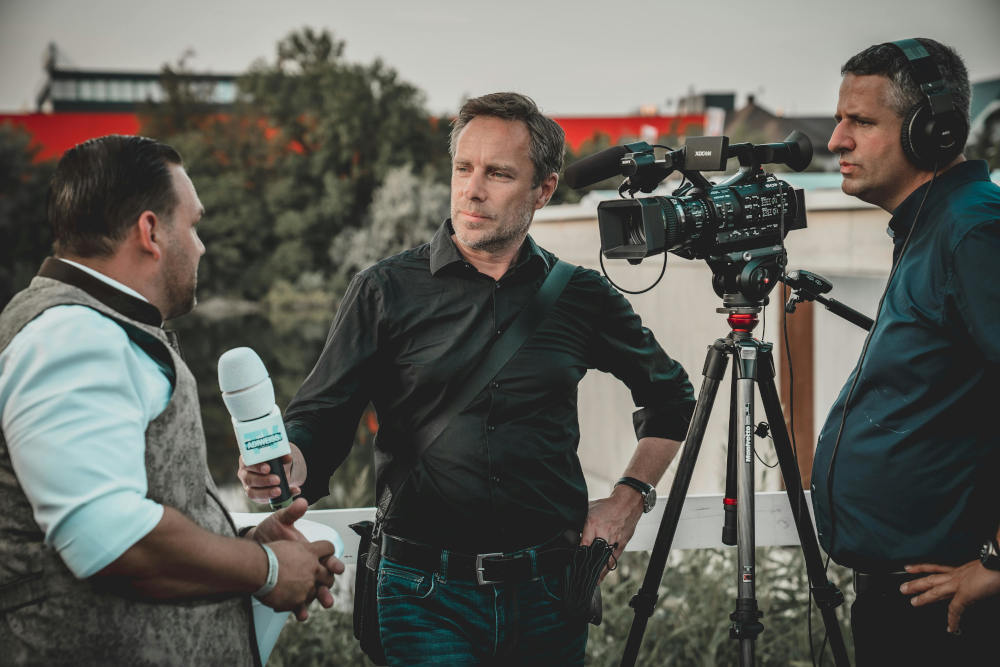

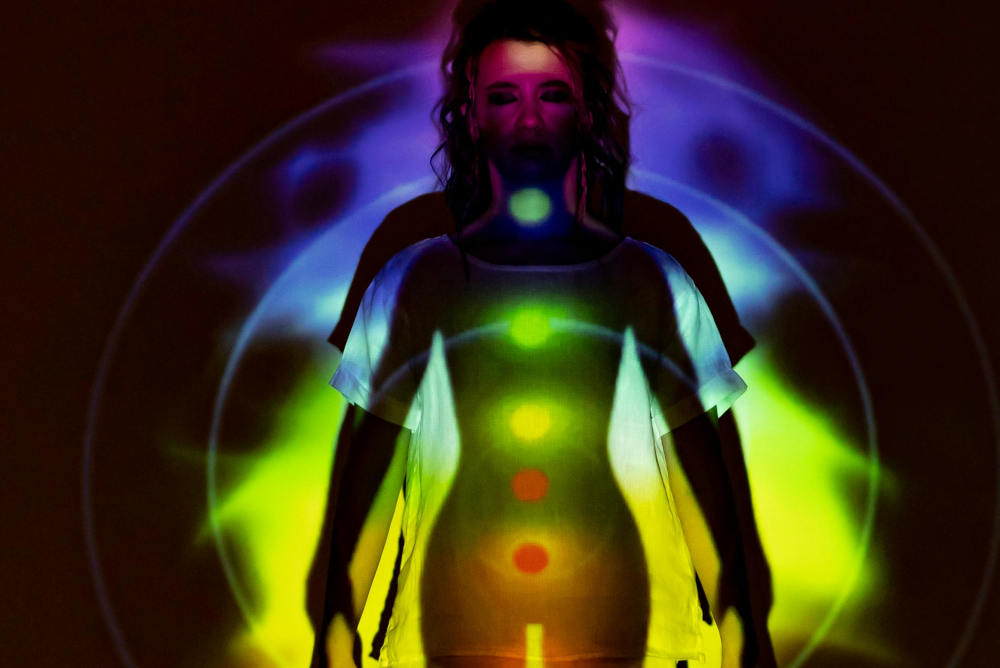
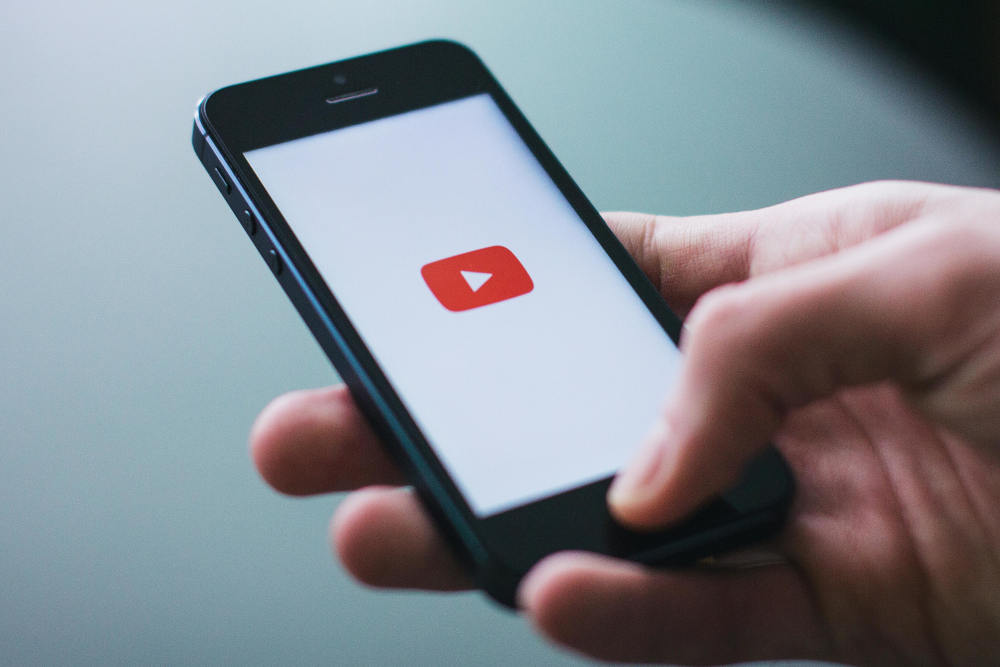



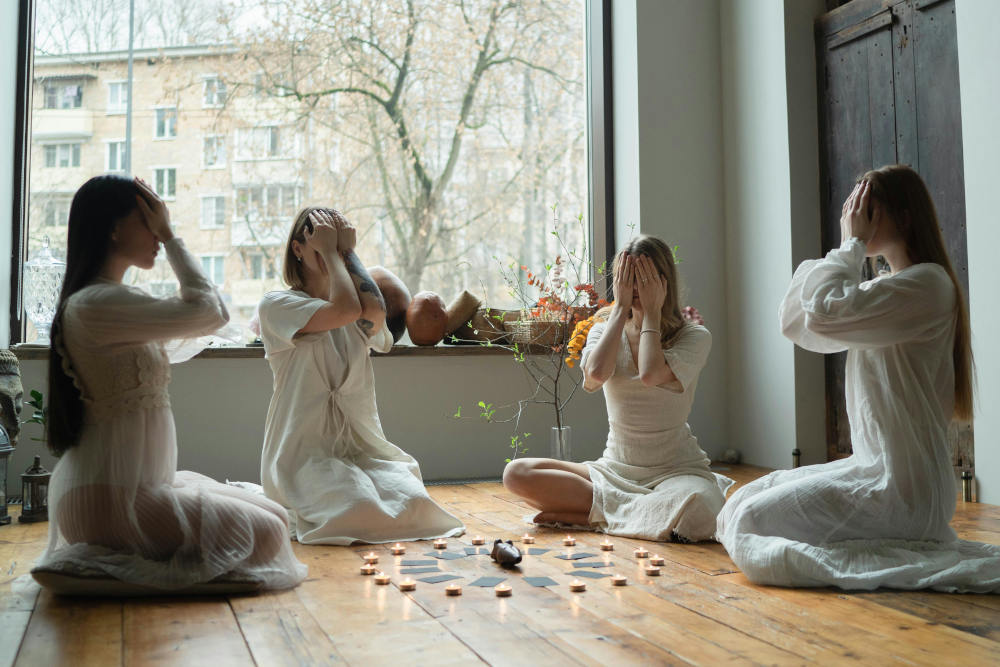
0 commentaire